Original: Ivy Labs 美国常春藤教育 5/17/2019

看点 Ivy Labs最近好消息不断,许多在waitlist(候补名单)上的学生获得转正。本文将与读者分享我们的成功经验与网络上的“反面教材”,并结合近年最新数据浅析waitlist的相关情况与趋势。
撰文 编辑 | 蔡珊妮
在申请季末这个尘埃未定之时,Ivy Labs的导师一直鼓励“被备胎”(被放在waitlist上)的同学们向各自的“女神校/男神校”发出“求爱信”(love letter),勇敢、正面地索取一个彻底的回答或承诺。并在4月21日奉上这份“备胎转正秘籍”(请戳下图进行复习)。
为了抓住最后的一线生机,被放在waitlist(候补名单)上的同学们迅速而果断地行动起来,在Ivy Labs导师的专业指导下,写出一封封形式别致、深情款款的“求爱信”,积极热情又谦逊真诚地与女神校/男神校保持联络,并进行了高技术含量的“表白”。即使信心满满,也绝不使用油腻的套路“硬撩”;即使忠心耿耿,也绝不死缠烂打;即使忐忑迷茫,也绝不会语无伦次。
在表露心迹后,也曾脑补过一万种被拒的理由,也曾害怕一片真心被辜负,也曾怀疑自己太死皮赖脸、陷入了尴尬与等待。然而,皇天不负有心人……

不少学生的女神校/男神校最近都说Yes了!!!

逆风翻盘啊!
成功来得有点猝不及防,
居然就在孤独终老的念头里脱了单

鼓掌👏

有许多学生在被waitlist后给目标学校发了不止一封信。在他们发出第一封“求爱信”后,收到了相关人士的回复,惊喜地发现学校对自己也很感兴趣,便再接再厉、根据回复继续追加发送更多有意义的信息(信件范例将会在下文中分享)。正是这样你来我往的持续沟通,最终为他们成功争取了转正的机会。
至于“表白”失败的同学们,也是时候放下了。毕竟,曾经努力过便不算有遗憾。毕竟,终于不用再猜那些女神/男神到底是不是喜欢自己了——原来,那些以为“ta有可能喜欢我”的瞬间都是错觉啊。
向ta礼貌地说“谢谢”(即使你不断地安慰自己说“是ta眼瞎”),向这段青春挥手告别。调整心态,总结经验,努力让自己在未来的日子里变得更好,祝福自己在将来遇到“对的人”时,会更加有勇气、有底气、有能力再次去“表白”。
“喜欢你!喜欢你!喜欢你!”“对不起。”“非常感谢!”
近年来,单个学生申请的学校数量越来越多,导致学校越来越难预测“收益率”(yield rate,即“实际入学率”=接受offer并注册入学的人数 / 发放offer的总数)。为了避免预测错误而带来的诸多麻烦,很多学校就把越来越多的申请者放到waitlist上,拓展选择空间。一旦接受offer的学生人数少于目标招生人数,学校就从会waitlist上进行选择,通过waitlist来调整学生的构成。总之,“备胎”数量越大,招生风险越小。
“每年五月一日看看有多少学生接受了offer,然后到waitlist上点人、把尾数补齐。这是每个招生主任的梦想啊。”
——卡耐基梅隆大学 招生主任
Michael Steidel

艾姆赫斯特学院(Amherst College)招生办实录(视频来源:Bloomberg)
美国大学招生咨询委员会(NACAC)2017年的调查显示,全美当年约有40%的大学会把学生放入waitlist。根据观察,公立大学和文理学院更喜欢把学生放在waitlist上。
2015年最爱把学生放在waitlist上的10所美国大学(黄色高光的两所今年有Ivy Labs学生获得转正)。US News于2015年调查了286间美国大学,平均waitlist率为10.5%,而其中这10所大学的平均waitlist率高达37.8%。(资料来源:US News)
在过去几年中,越来越多的学校将越来越多的学生放到waitlist上。正如前面提到的,waitlist上人数越多,学校操作起来灵活度就越高。当各个学校都开始到waitlist上找人,连锁反应就来了,整个美国高校招生工作进入高度混乱状态。所以很多学校会把好几千名、甚至上万名学生放进waitlist,而有许多学生同时被五六个甚至七八个学校放进waitlist。
学校通常会根据历史数据和数学模型的计算结果来预测 “实际入学率”,并决定要把多少学生放到waitlist上、再将多少学生转正。贝勒大学(Baylor University)的招生办助理副主任Jennifer Carron举了几个例子:住在邻街、邻州、邻国和太平洋彼岸的学生,接受offer的几率是不同的;一个SAT满分、活动简历完美的学生,看起来更像是会去哈佛或耶鲁,那该校的计算机模型会显示该生接受offer的几率是15%。
关于waitlist的情况,许多学校讲得很隐晦。去年,宾夕法尼亚大学和布朗大学在官方报道中都没有提及waitlist(但有相关人士向媒体透露了部分数据),哈佛大学只说从waitlist中录取了63个学生,但没有透露waitlist上的具体人数(耶鲁、普林斯顿和斯坦福每年waitlist上的人数大约为1000-1500),而埃默里大学(Emory University)则规定不能透露waitlist的人数。
将大量早申请的学生defer、正常申请的学生放入waitlist的势头今年有过之而无不及,且近年来人数一直呈上升趋势。去年,罗德岛上一位升学顾问Cristiana Quinn在《华尔街日报》上发表公开信谴责这种做法,她认为这会给申请者造成他们有可能会被录取的错觉,浪费了他们许多时间。她的一系列说法获得了广泛支持。
2017年,US News调查了91所使用waitlist的美国大学,结果显示平均每5人中有1人能转正。总的来说吧,机会不大,一般来说,越好的学校转正机会越小。2016年,康奈尔大学和耶鲁大学的转正率分别只有1.3%(5,714人中有75人转正)和1.7%(1,095人中有19人转正)。

2016年成功转正人数为0的学校(图片来源:US News)
在众多因素中,“对学校的兴趣”的重要程度约为“一般重要”,比面试结果重要;和本土学生或转学生相比,学校在考虑国际学生新生时会稍微更看重这一点。(数据来源:NACAC研究报告)
值得注意的是,各个学校对于在递交申请材料阶段“展现兴趣”的看法不一。例如,卡耐基梅隆大学就在官网上明确声明他们对所有学生一视同仁、对“展示兴趣”不感兴趣,学生不要提交Common App上没有要求的申请材料(如个人简历、研究计划、多媒体才艺展示等)。
但对于被放在waitlist上的学生,几乎所有的招生官及升学顾问都会建议他们向学校发“求爱信”、明确表示自己对该校的兴趣,且要持续“表白”。这点并无异议。
南加州某学生被麻省理工学院waitlist了之后,给招生办写邮件说她刚获得了“雅典娜尖峰奖”(Athena Pinnacle Award,南加州为鼓励女性进入STEM行业而设置的奖项)等等。有个被加州大学伯克利分校waitlist的男生则给招生办发了一篇新的文章,说自己刚刚“出柜”,加入伯克利的LGBTQ社团(他列了三个)对于他来说意义非凡,并详述了自己可以作出的贡献。这两个学生最终都获得了转正。
以下将分享Ivy Labs两位成功转正的学生发出的“求爱信”及后续信件。
Dear Mr. W,
Thank you for continuing to consider my application for admission on the waitlist. Enrolling at University of Xyz would culminate years of hard work, sacrifices and challenges. As an aspiring Psychology major, I dream of studying under such esteemed University of Xyz faculty as Professor B and exploring the abundant research and internship opportunities of an easily accessible downtown.
Since last communicating with the admissions office at University of Xyz, I have successfully arranged for my fellow PPP volunteers to cooperate with professors and undergraduates from the US to work on counseling for human trafficking victims. The whole session will last for four weeks, during which the team and I will be travelling to human trafficking contiguous zones within the Golden Triangle. Furthermore, we will be investigating frequency and causes of human trafficking in the area and developing countermeasures, which will be submitted to respective governments for reference.
Secondly, I have finalized my senior project, which is a continuation of the research on prevalence and psychological characteristics related to the engagement of addictive behavior that I have been doing since 2015. The project, which focuses on the diagnostic aspect of my addictive behavior research, will span four weeks with 40 hours per week. In addition, the International Congress of Psychology has accepted my abstract and hypothesis of my research on addictive behavior. I will be sharing my findings and analysis on the correlation between excessive exercising and sweet and fatty food intake. In July, I will be travelling to the 2016 ICP conference in Yokohama, which happens every four years, to present my findings to psychologists and psychology professors from my investigation over this spring.
University of Xyz remains my dream school, and I would like nothing more than to call ABC Park my new home for the next four years. Thank you for your time and continued consideration.
I want to let you know that I am taking the liberty to contact Professor P as I would like to pay a visit and avail myself of his? Perspectives.
Sincerely,
Tom Li
Ivy Labs学生T(已获转正)“求爱信”范例
Dear Mr P,
Thank you for reading my application and including me on the waitlist.
A year and a half ago, an Opq College alumnus from my school introduced Opq College to me and strongly suggested that I apply. It was so exciting to hear her talk about everything with passion, from professors and students to the quidditch matches. She clearly loved it. Since then, I couldn’t stop dreaming about waking up to the snowy forests of ABC. Opq College is the college I immediately felt right about.
It is at Opq College that I hope to continue my intellectual development. In 9th grade, I started learning German online. And even though my parents and teachers were strongly against “wasting time” on pursuits like this when I had exams to prepare for instead, it turned out to be the right thing to do. Learning a new language sparked my interest in linguistics, history, literature, and much more
After submitting my application, I recently finished a B2 level German course at Goethe Institut, and can finally argue well in German and enjoy musicals better. I also chose Japanese as my next target language after trying to learn others like Hebrew and Russian. In my spare time, I started collecting ideas and information with a friend to create a role playing game set in the Middle Ages. This unique approach to history has truly opened my eyes.
I also was astounded to learn that westerners and easterners teach history quite differently. As someone who studies linguistics and history I find the findings of Historian Masako Watanabe, who has studied the different ways Japanese and American students learn history lessons fascinating because they are illustrative of different cultural, cognitive and linguistic traditions.
Japanese history teachers, like most East Asian history teachers, begin with setting the scene or context of a given set of events in some detail. They then proceed in chronological order, linking a set of events to a successor, like links in a change. Japanese history teachers then ask the students to imagine the emotional and mental states of the historical figures using analogies to their everyday lives. Their actions are often explained through the lens of imagined feelings. The emphasis however remains on the catalyst or impetus of the event, and students discuss with empathy how a leader or figure might have felt and why. And “how” questions are asked at about twice the rate as in an American classroom.
Americans approach learning history differently. American teachers spend much less time setting the scene or context and instead begin with the outcome, rather than the catalyst. Thus, the chronological order of the events is destroyed with this backwards looking view of history. Thus, “why” questions are asked about twice as much in an American classroom than in a Japanese one. Watanabe considers this approach to teaching history “backwards” because events are learned in “effect – cause” order, rather than “cause-effect.” Maybe if I attend Opq College I can combine the two approaches and develop a unique and innovative third way.
Thank you again for offering me a place on the waitlist. If you need any further information and/or updates, please feel free to contact me at abcdefg@gmail.com. I will be more than happy to provide the materials.
Sincerely,
Jane Wang
Ivy Labs学生J(已获转正)“求爱信”范例
Dear K,
When I saw your email in my inbox my heart skipped a beat!
One day in computer science class, my best friend Dora and I felt a bit bored, and began to write bits of statistics and backgrounds for a RPG character: name, age, level, hp… as well as moods and traits like being confused and talkative. Finishing the assignments a bit early gave us a lot of time to imagine our own little hero’s image, adventure, and destiny. The few minutes of brainstorm quickly snowballed into what we have right now: an idea for an adventure-RPG game set in the Holy Roman Empire in the Middle Ages.
While Dora dug into the herbalism and alchemy, I researched the medieval life of all parts of society and regions. That was when I found my Deutschkenntnisse useful at last. Three years ago, I would have been amazed by the idea of scrambling for information on currency and living costs in early 14th century Frankfurt am Main, but there I was, trying my best to understand complex sentences meant for educated native speakers on Wikipedia, decode weird words and spellings from one of the earliest cookbooks in German speaking regions, and figure out if a word ends in “-le” or “-el” —because, let’s face it, mixing German and English spelling is dangerous.
Of course, my German skills developed fast and almost painlessly during my research. It’s simply magical to see myself beginning to understand long-winded sentences with too many commas in them and starting to catch jokes and puns from time to time!
Just a few weeks ago, as I found out I could finally understand the gist of dialogs and songs in German musicals without subtitles, I decided it was time for me to start a new adventure.
Japanese was the language I chose long ago. I was fascinated by its phonetic beauty: the perfect balance of vowels and consonants, the rises and falls of intonation, and the occasional stops that adds a crispness to the sweet mixture. Hungarian is relatively new to me, but enticing nonetheless. So many memes have warned me about the Uralic language family with it’s endless agglutination and complicated grammar, saying they are “impossible.” But I know it isn’t. And I hope for a day when I can freely navigate myself through the various rules and feel it’s true beauty.
Every new language is a new beginning for me. I can see the world through the eyes of a newborn child, gazing at every new object and hearken to every new sound with joy and excitation. I can learn about new traditions and pay respect to a different aspect of history. I can experience lives beyond my own in this infinite time and space. I love language, because after all - Scientia et Virtus.
And that’s simply wonderful.
Sincerely yours,
Jane Wang
但学校拒绝疯狂而愚蠢的“追求者”。这里再分享几个失败案例。
跟踪狂型:“每三天给招生办发一封邮件,外附七封新增的推荐信的。” 凯斯西储大学招生办副主任Rick Bischoff说。
尬唱尬演型:有很多被waitlist的学生在Youtube发布视频以争取转正,有好几个“毒视频”曾引起过广泛关注。有一位女生做了个音乐视频,把几十件各色各样的耶鲁T恤不断地穿上脱下——你不过是有很多耶鲁的 T恤,有啥了不起?另一位女生自编自弹自唱了一首激情澎湃的歌送给哈佛——看起来很美,但没有实质作用。这两位女生转正失败。但有位男生写了首乐观向上、词曲有趣的歌(虽然其实听起来还是很尬),从多方面具体说明他有多爱密歇根大学,结果据说被转正了。







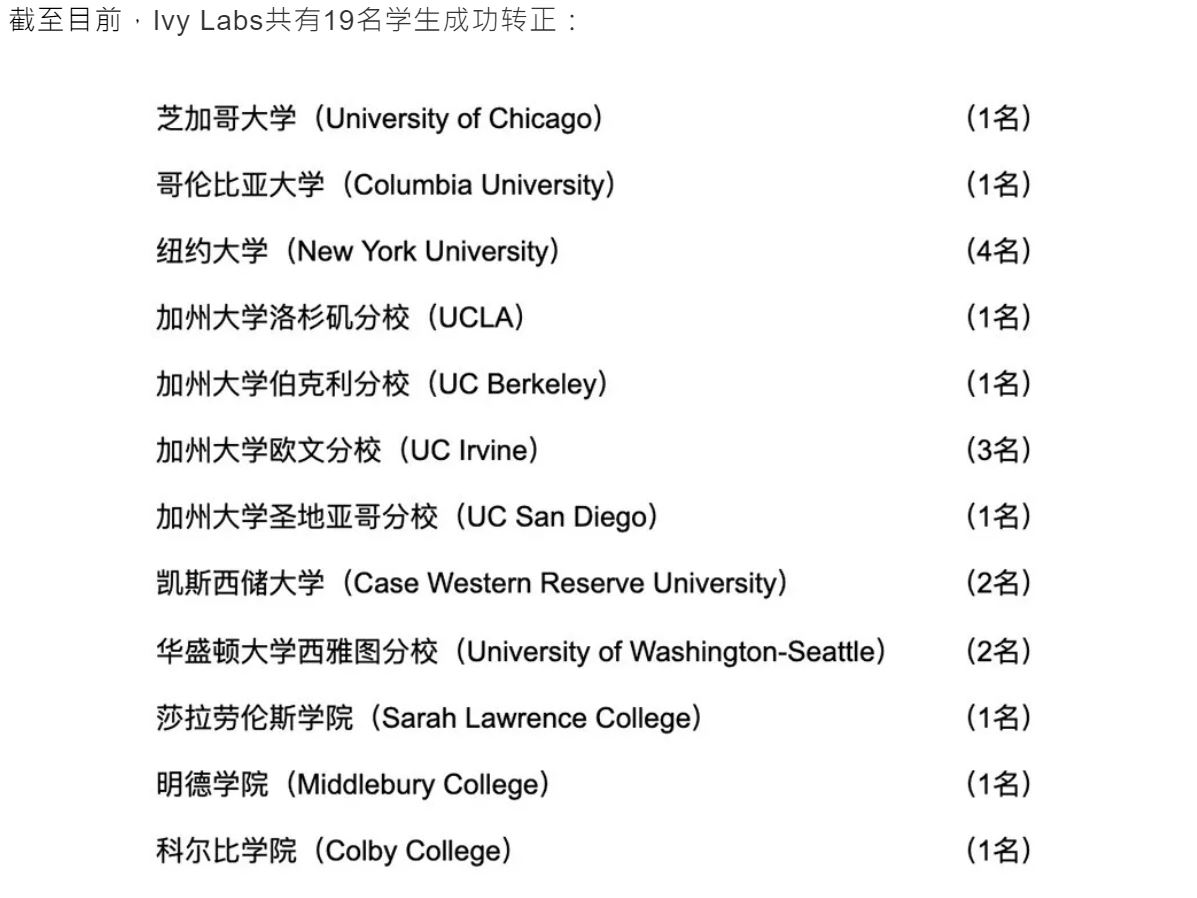
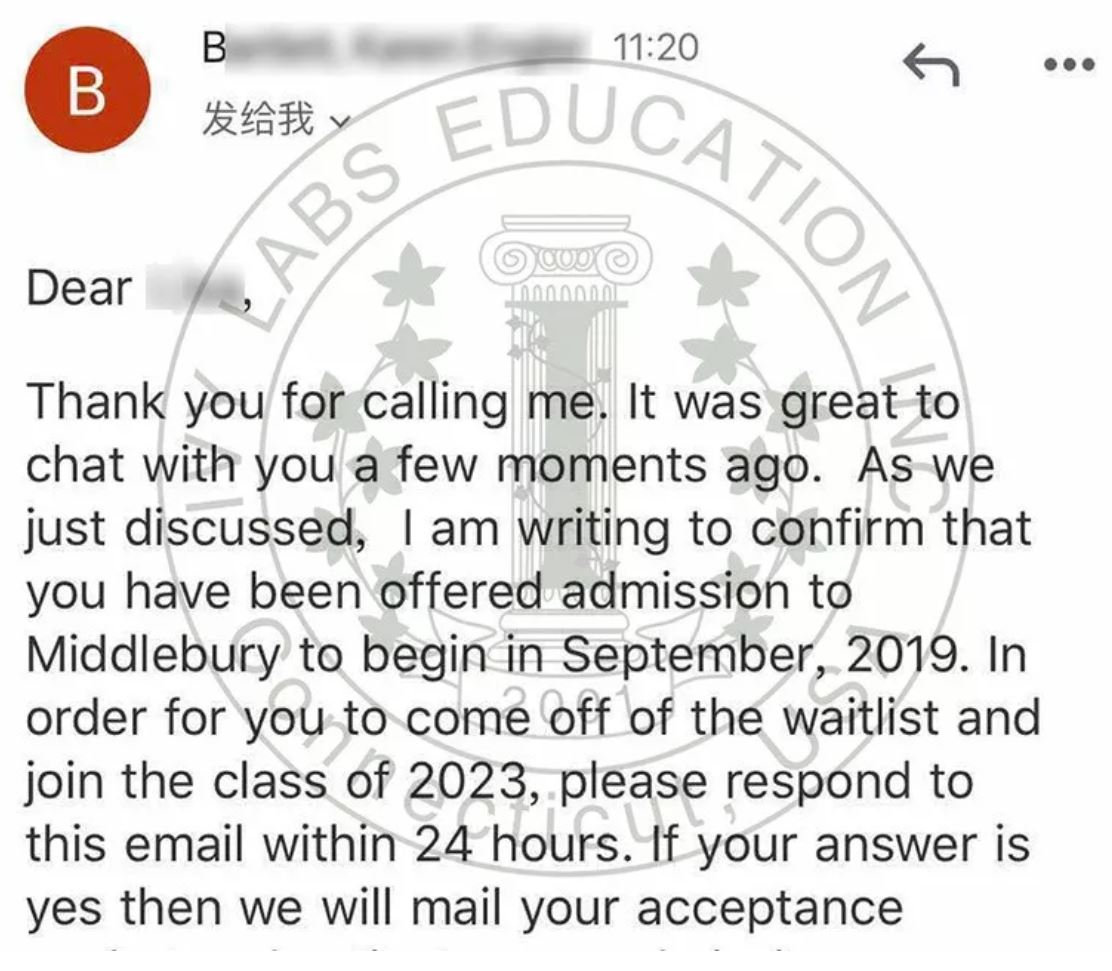


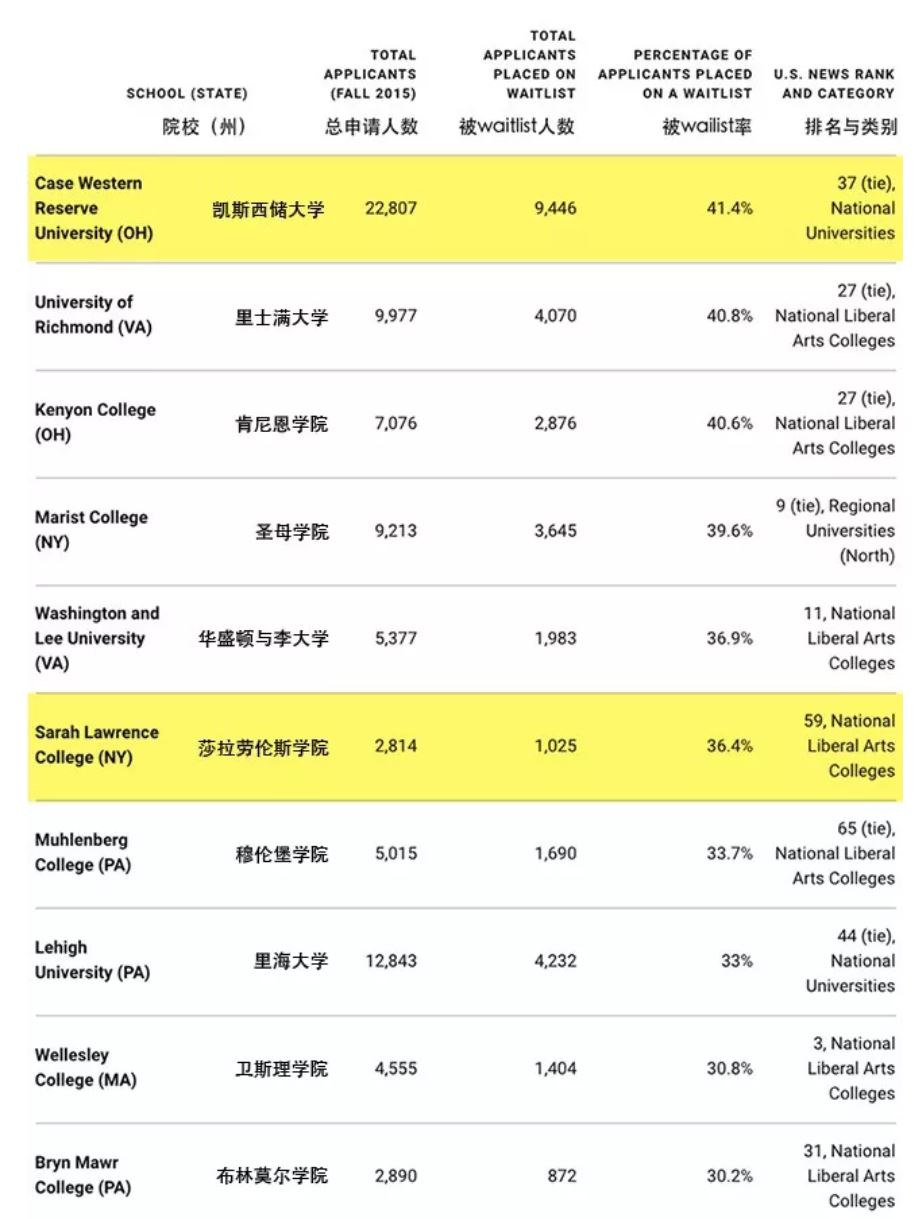


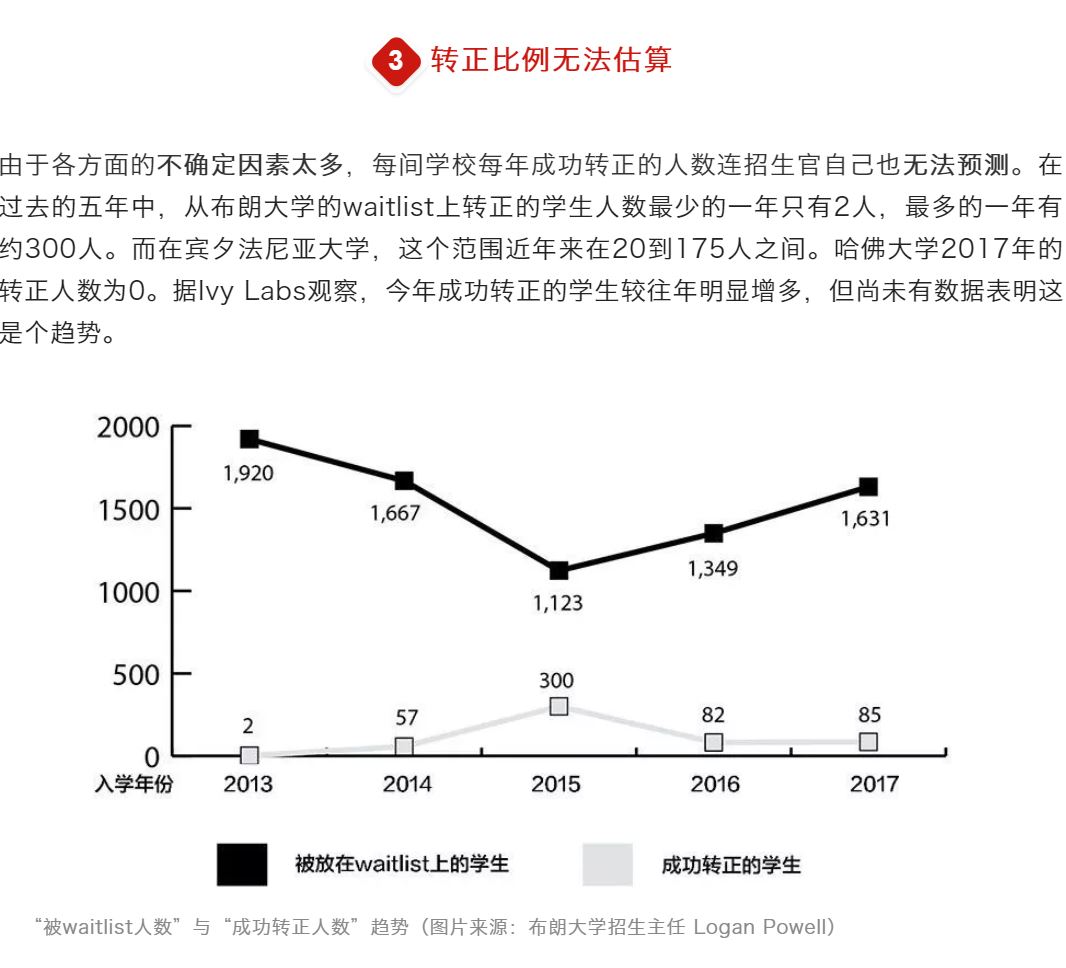
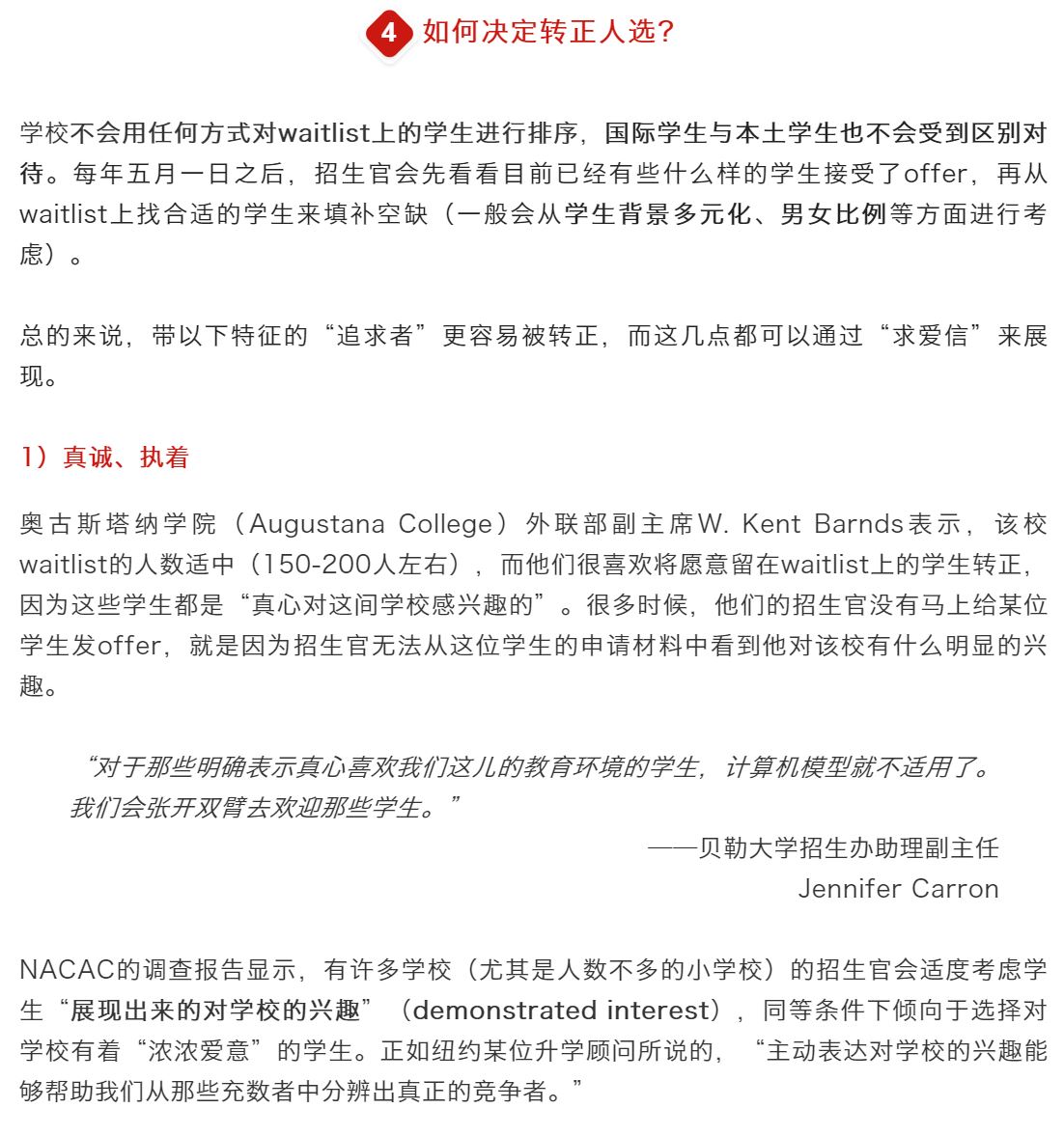
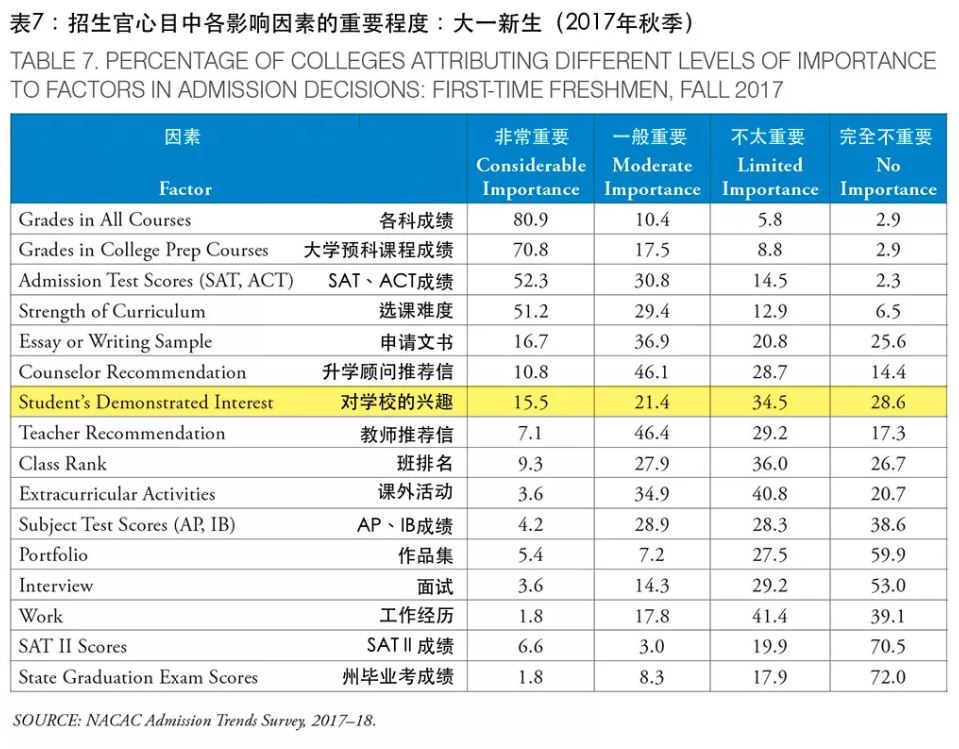
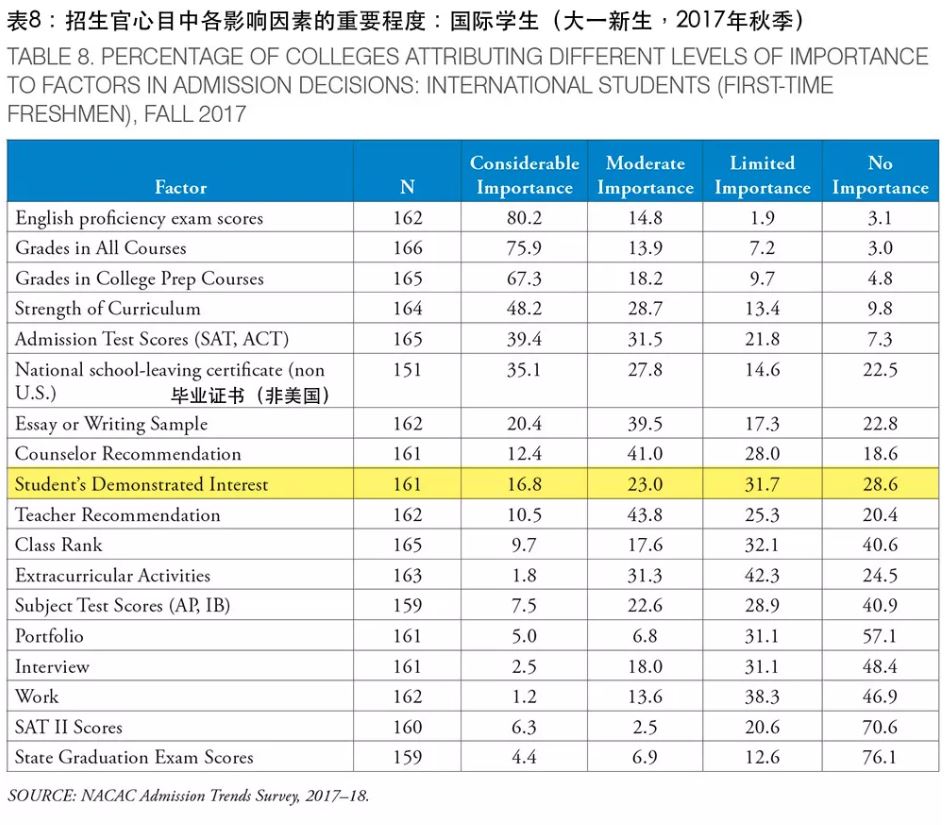
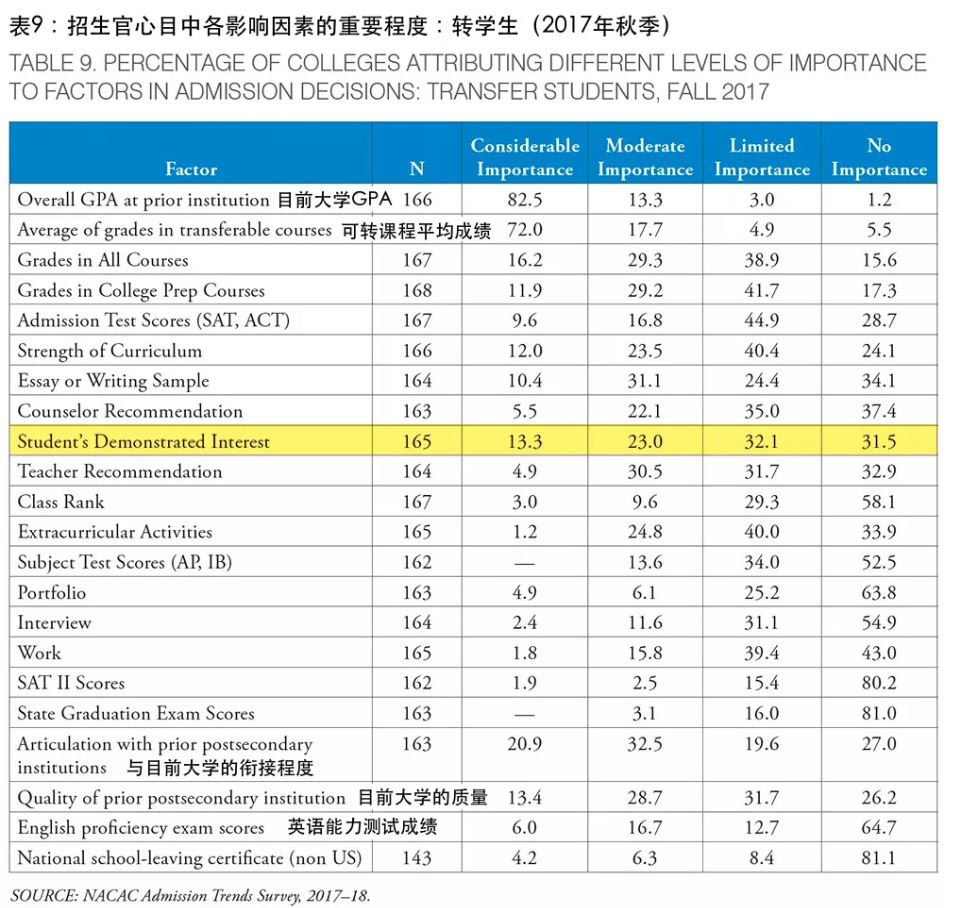
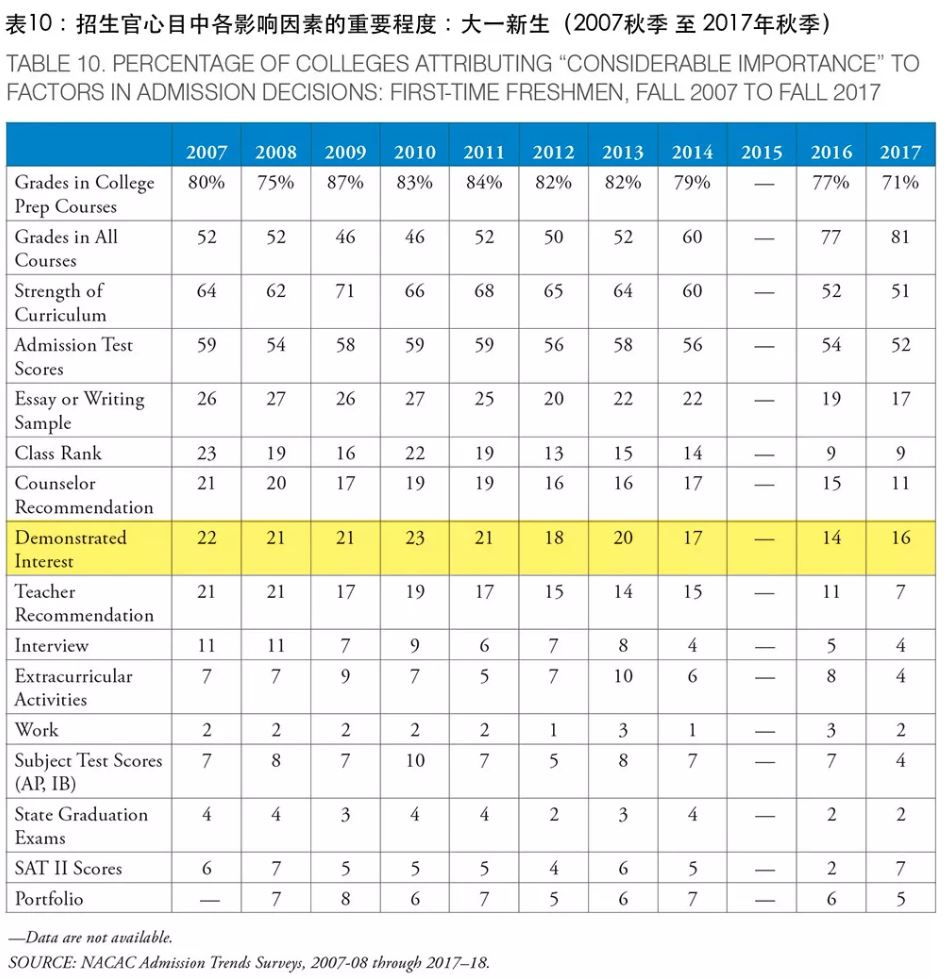

Comments (0)